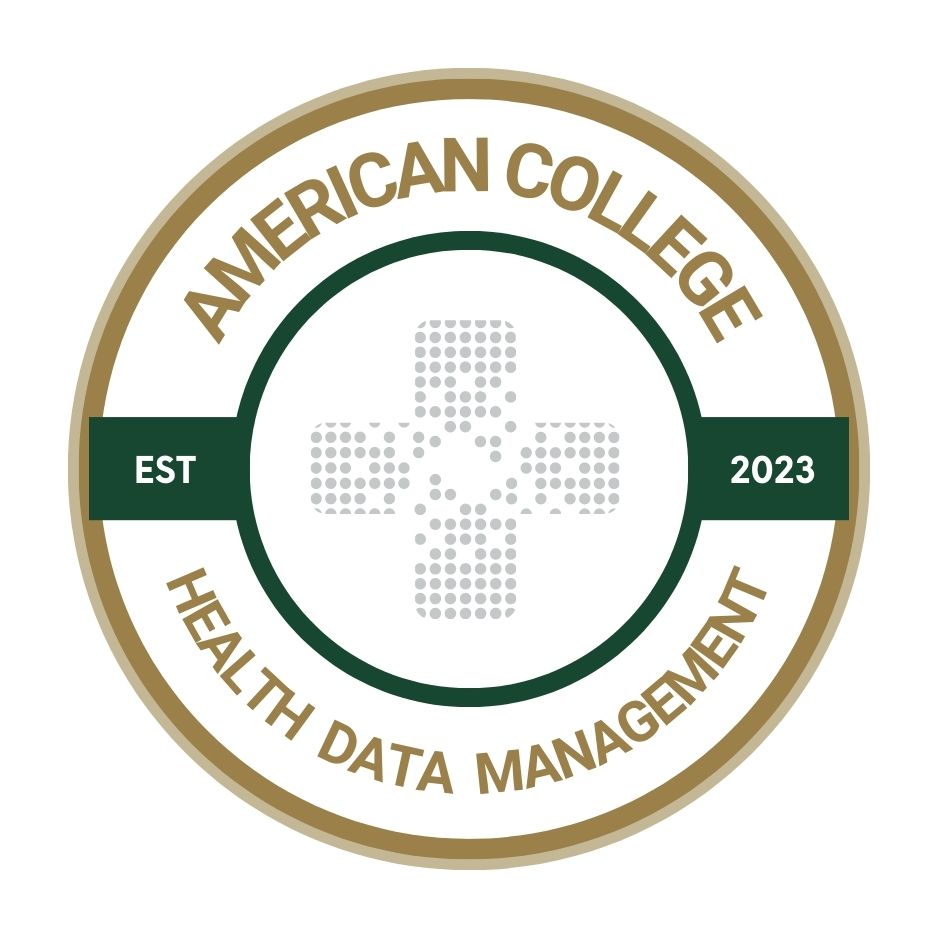Navigating data governance and stewardship in the AI era
Planning and coordination can help healthcare organizations effectively manage data in an AI-driven landscape.

Artificial intelligence is undeniably transforming healthcare, bringing exciting opportunities but also critical challenges, particularly in data governance and stewardship.
This topic is one of my passions, not only because of my professional background but because of its fundamental importance to quality healthcare and beyond.
As AI rapidly reshapes our industry, a strong commitment to data governance and stewardship becomes indispensable.
Governance vs. stewardship
The emergence of AI is a disruptor, and it represents a paradigm shift that is affecting every industry sector. Having navigated previous transitions, like moving from paper records to electronic health records (EHRs), ICD9-CM to ICD10-CM/PCS, a pattern has emerged. Each paradigm shift, including this one, demands robust planning, coordination and implementation efforts.
In healthcare, trust in information is paramount, and AI only heightens the stakes. Achieving trusted information requires comprehensive governance strategies and relentless stewardship.
There’s a crucial distinction between data governance and stewardship. Governance establishes the policies, procedures and strategies for managing and securing data, while stewardship involves the practical, daily execution of these strategies. Neither function stands alone. Governance and stewardship must be seen as collective responsibilities shared by everyone in the organization, from leadership to frontline staff.
“Implementation is the BEAST.” The following checklist contains the starting points in implementing stewardship principles that support adaptive governance frameworks.
Practical lessons from past experiences
Drawing from experiences like EHR implementation, I’ve learned the importance of meticulous coordination and stakeholder involvement. This same disciplined approach is vital for successful AI governance.
Compliance executives, often overlooked, need to be integral from the outset. Compliance must be proactively scaled with organizational growth, not lagging and then having to play catch-up.
Effective governance frameworks should embody transparency (how the data is collected and used), responsiveness, equity (mitigating bias), innovation, effectiveness, efficiency and accountability. These core principles are more than just guardrails; they're essential for ethically managing data in an AI-driven environment.
Data is undeniably an organization’s most valuable asset, requiring rigorous mechanisms to mitigate risks. The initial steps in implementing data stewardship in support of governance include taking inventory of the data gathered; identifying who enters the data and how it is used; tagging critical and sensitive data; and delineating whether data is administrative or clinical.
The ‘human in the loop’ principle
An essential part of governing AI involves maintaining human oversight, or the "human in the loop." AI systems are powerful, but they’re not perfect. Human validation remains critical to ensure data accuracy and reliability.
Historical examples like IBM Watson’s collaboration with MD Anderson and the recent AI issues at UnitedHealthcare underscore this point, demonstrating the severe consequences when oversight falters.
Who owns the risk? We all do – providers, vendors, regulators and patients. It is a shared responsibility, thus requiring diligence with its implementation.
Addressing governance challenges
There are several challenges organizations face today with AI governance, including governance gaps related to insufficient data training, inadequate consent processes, data silos hindering integration and constantly evolving regulations. Proactive strategies are necessary to address these challenges head-on, ensuring organizations don’t fall behind.
Another significant concern is the democratization of data stewardship responsibilities. Today, many employees handle sensitive data without adequate training, creating vulnerabilities. To mitigate this, there needs to be extensive education programs similar to how HIPAA compliance training efforts were deployed. Such initiatives would foster widespread accountability and significantly enhance an organization's data management capabilities.
Furthermore, aligning top-down leadership guidance with bottom-up educational efforts is crucial. Leadership must clearly define governance strategies and roles while encouraging continuous dialogue and questioning among employees at every level. Leaders have expertise, but they also need to listen and collaborate closely with those around them who have the expertise to offer.
Data’s intrinsic value extends beyond operational functionality — it's deeply personal, representing people's identities and lives. Securing patient data is certainly an operational necessity and, in parallel, it’s an ethical imperative.
However, the true value of data is realized through meaningful engagement and informed decision-making, driving quality healthcare outcomes and organizational advancement.
Effective governance and stewardship are dynamic, collective endeavors. They demand continuous adaptation, collaboration and vigilance, particularly as AI becomes ever more embedded in healthcare operations.
Organizations must prioritize robust, transparent, responsive and accountable governance frameworks, and implement data stewardship programs to effectively deploy ethical, responsible data management.
Ultimately, adhering to these principles will empower healthcare organizations to effectively navigate the AI landscape, ensuring data remains a trusted, valuable resource in delivering exceptional patient care.
Let’s build systems that are not just technically powerful – but ethically grounded, inclusive, and secure. Together, we can steward this future – responsibly.
Julie A. Shay, MBA-HIN, RHIA, FAHIMA, is a Fellow of the American College of Health Data Management.
